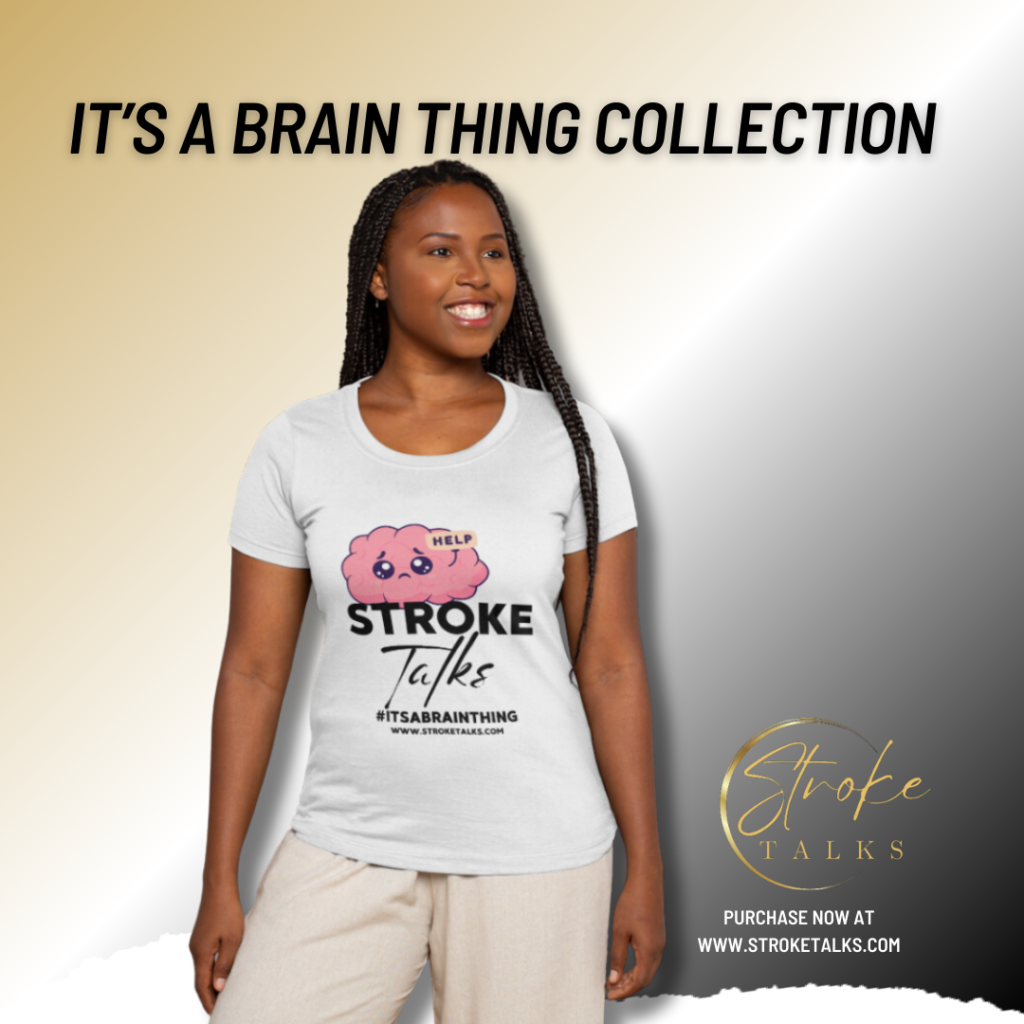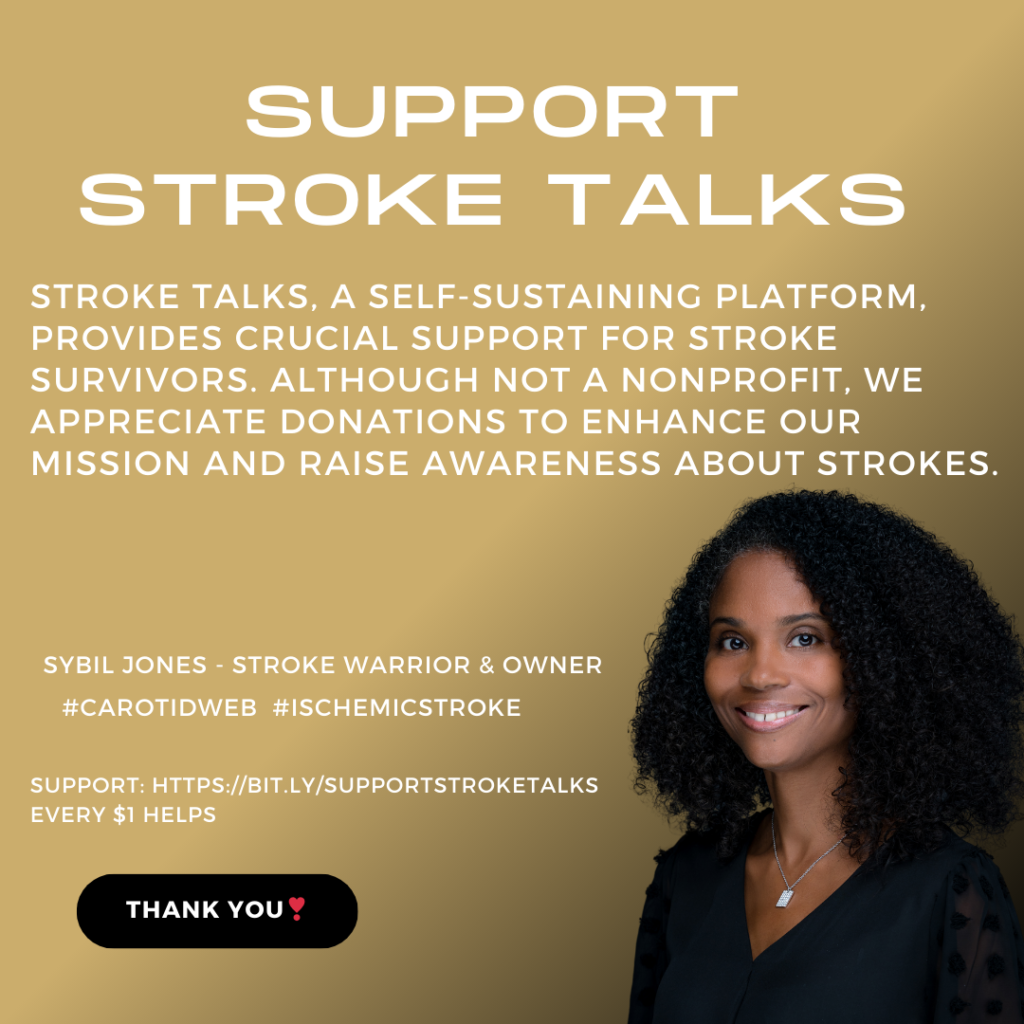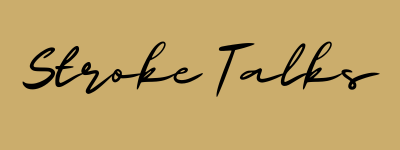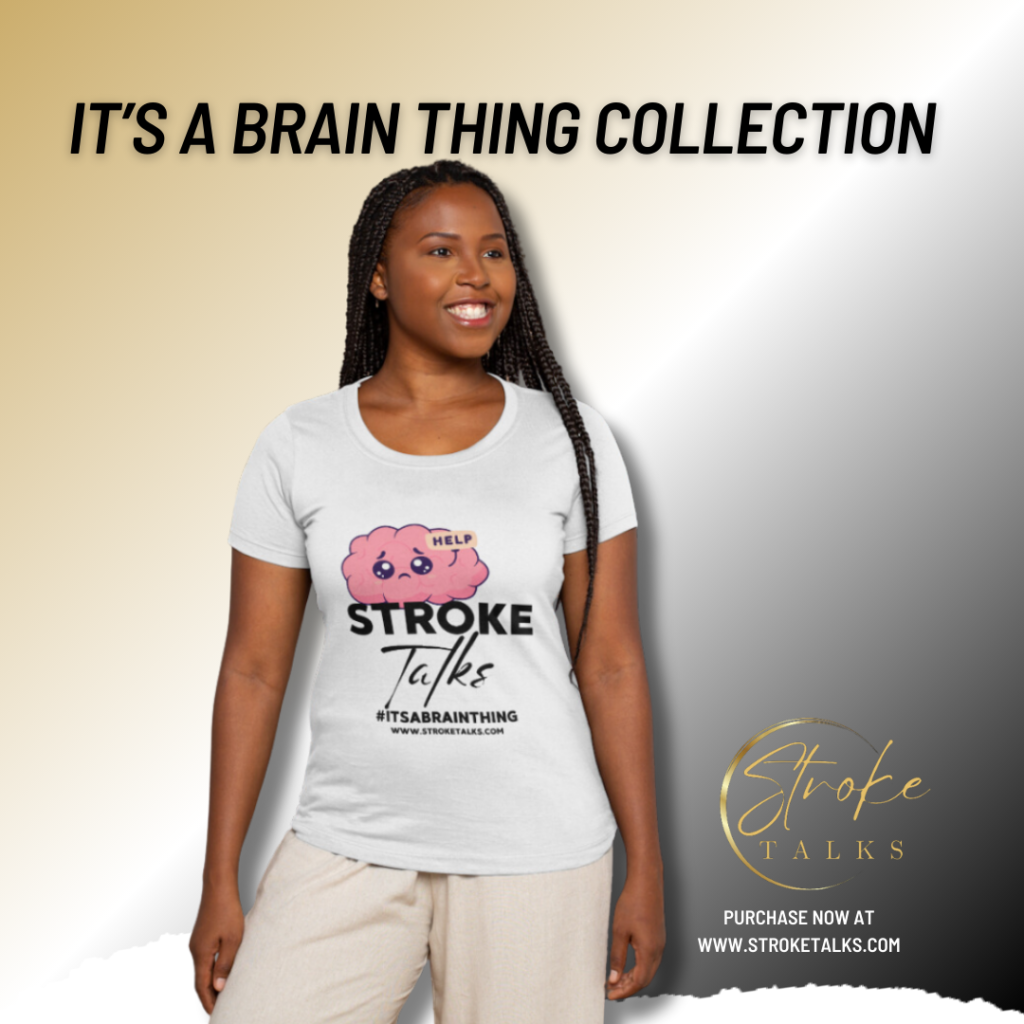Stroke is a medical condition that affects millions of people worldwide, with ischemic stroke being the most common type. Understanding what an ischemic stroke is, recognizing its warning signs, and knowing how to respond can significantly impact outcomes for those affected.
What is an Ischemic Stroke?
An ischemic stroke occurs when the blood supply to part of the brain is interrupted or reduced, preventing brain tissue from getting oxygen and nutrients. Brain cells begin to die in minutes. It accounts for about 87% of all stroke cases, making it the most common type of stroke.
Causes of Ischemic Stroke
Ischemic strokes are primarily caused by blockages in the arteries leading to the brain. These blockages can result from two main conditions:
- Thrombosis: The formation of a blood clot within a blood vessel of the brain or neck.
- Embolism: The movement of a clot from another part of the body, such as the heart, to the brain.
Other risk factors include high blood pressure, high cholesterol, diabetes, smoking, obesity, and cardiovascular disease.

Warning Signs of Stroke
Identifying a stroke early can significantly influence the treatment outcome. The BE FAST acronym serves as a guide:
- B (Balance loss): Sudden dizziness, loss of balance, or coordination.
- E (Eyesight changes): Sudden trouble seeing in one or both eyes, including blurred or double vision.
- F (Face drooping): One side of the face may droop or feel numb. Ask the person to smile to check for unevenness.
- A (Arm weakness): Sudden weakness or numbness in one arm. Ask the person to raise both arms to see if one drifts downward.
- S (Speech difficulty): Slurred or strange speech. Ask the person to repeat a simple phrase and listen for clarity.
- T (Time to call emergency services): If you observe any of these signs, even if they disappear, call emergency services immediately.
Treatment and Recovery
Treatment for ischemic stroke focuses on restoring blood flow to the brain as quickly as possible. Treatments include:
- Clot-busting drugs (thrombolytics): These drugs can dissolve blood clots that are blocking blood flow to the brain, but they need to be administered within a few hours after symptoms start.
- Mechanical thrombectomy: A procedure in which a catheter is navigated to the site of the blockage to physically remove the clot. In my case, that was deep in the right side of my brain.
Recovery from an ischemic stroke varies from person to person and depends on the stroke’s severity, the area of the brain affected, and the individual’s overall health. Rehabilitation may include physical therapy, occupational therapy, speech therapy, and lifestyle changes to prevent future strokes.

Your generosity can make a profound impact on Stroke Talks, enabling us to expand our reach, provide valuable resources, and foster a stronger community for stroke survivors and their loved ones. Every dollar you contribute fuels our mission to enhance awareness, and empower those affected by strokes. Join us in making a meaningful difference – because every dollar counts towards building a brighter future for individuals on their journey to recovery and resilience.
Please note that Stroke Talks is not a 501(c)(3) organization, and as such, donations made to our platform may not be tax-deductible. While we greatly appreciate your support, we recommend consulting with a tax professional for guidance on the tax implications of your contribution.

Ischemic stroke is a serious medical condition that requires immediate attention. Knowing the warning signs and how to respond can save lives and improve recovery outcomes. If you or someone you know is at risk for stroke, it’s important to manage risk factors and live a healthy lifestyle to prevent stroke. Remember, stroke is a medical emergency, and time is of the essence when it comes to treatment.
Educating yourself and others about ischemic stroke and its warning signs is a vital step in reducing the impact of this condition worldwide. For more information on stroke prevention, treatment, and recovery, stay tuned to StrokeTalks.com, follow us on social media, and subscribe to our weekly newsletter.
I leave you today with this song. I hope it blesses you as it does me.

